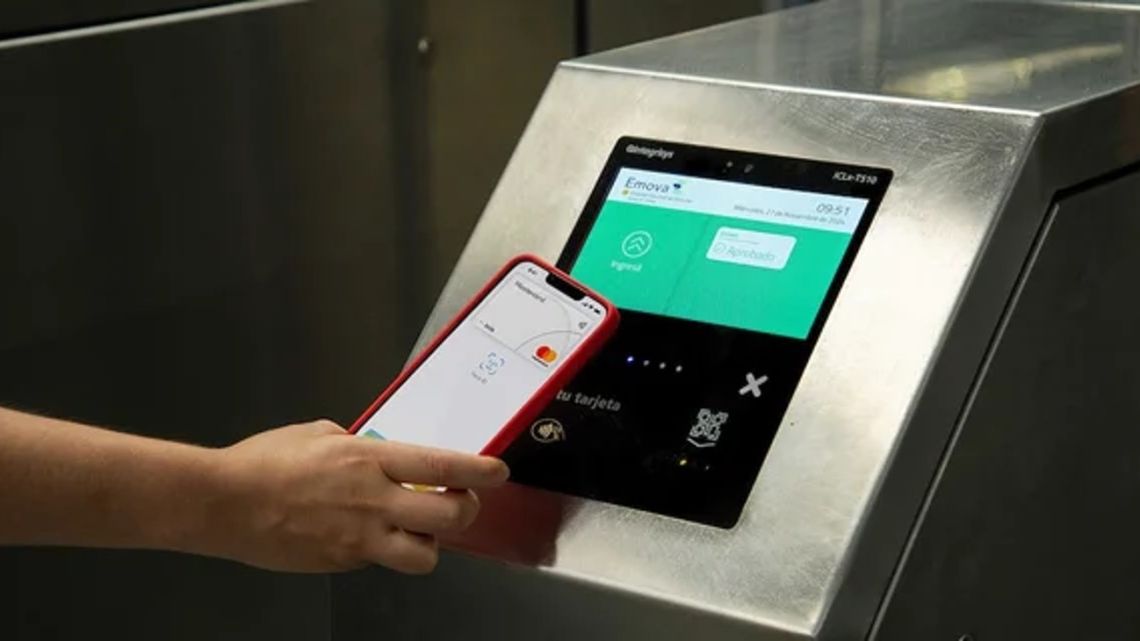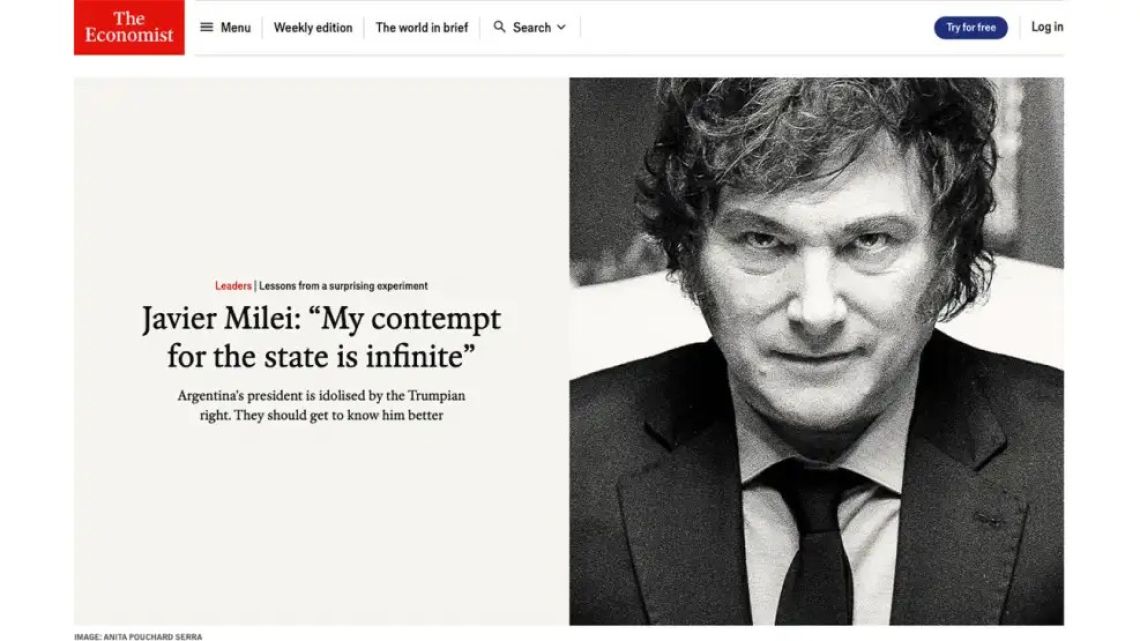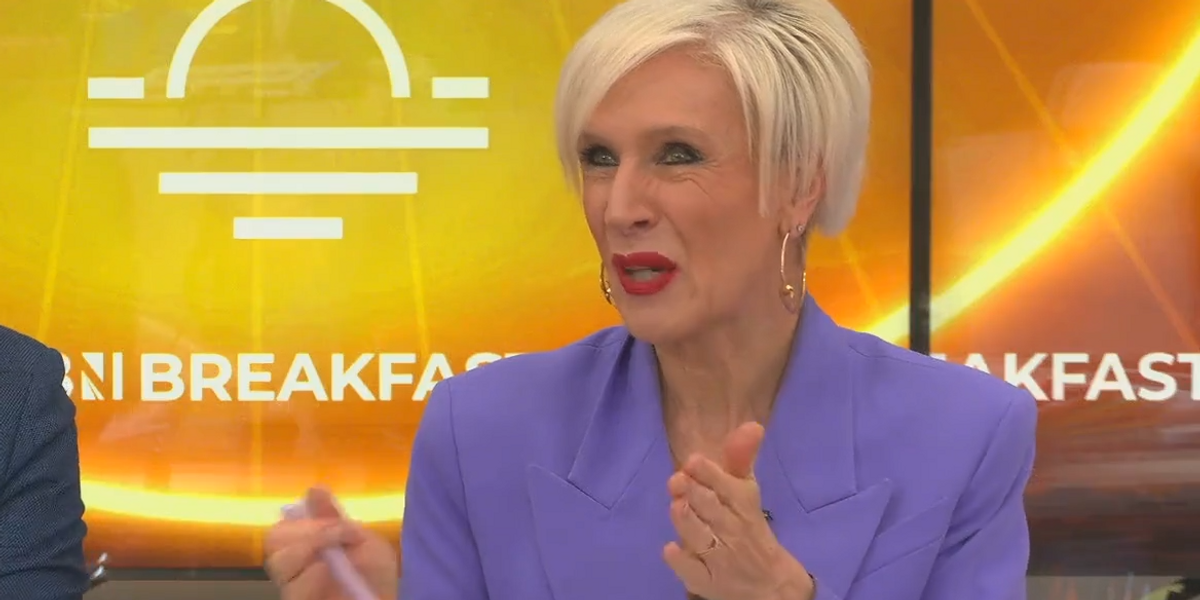Argentina’s retail sector is grappling with significant challenges. Recent data from the National Institute of Statistics and Census (INDEC) reveals a concerning trend in supermarket and wholesale sales. The figures paint a picture of economic strain affecting consumers and businesses alike.
Supermarket sales in September 2024 dropped by 12.8% compared to the previous year. This decline is part of a broader pattern, with sales falling 11.6% over the past nine months. The seasonally adjusted index also showed a 0.4% decrease from August, indicating a persistent downward trend.
Despite the volume decline, total sales reached 1,585,347.2 million Argentine pesos in September. This represents a 173.3% increase in current prices year-over-year. However, this surge primarily reflects the country’s high inflation rather than economic growth.
Certain product categories saw substantial price increases. Cleaning and perfumery items led with a 216.5% rise. Fruits and vegetables followed at 202.2%, while dairy products and bakery goods increased by 199.4% and 191.4% respectively.
 Argentine Retail Sales Plummet: Supermarkets Down 12.8%. (Photo Internet reproduction)
Argentine Retail Sales Plummet: Supermarkets Down 12.8%. (Photo Internet reproduction)Payment methods also shifted. Cash transactions accounted for 17.1% of total sales, rising 103.1% from September 2023. Debit card usage grew by 114.9%, representing 26.9% of sales. Credit cards remained the preferred option at 45.3% of transactions.
Wholesale self-service stores faced even steeper declines. Sales fell 21.7% year-over-year in September and 0.8% from August. The January to September period showed a 14.4% drop. Despite this, current price sales increased by 154.7% to 266,877.2 million pesos.
These figures highlight the complex economic landscape in Argentina. While nominal values are rising due to inflation, real sales volumes are declining. This situation poses challenges for businesses and consumers as they navigate uncertain economic waters.

 By The Rio Times | Created at 2024-11-27 11:08:04 | Updated at 2024-11-30 00:47:40
2 days ago
By The Rio Times | Created at 2024-11-27 11:08:04 | Updated at 2024-11-30 00:47:40
2 days ago








